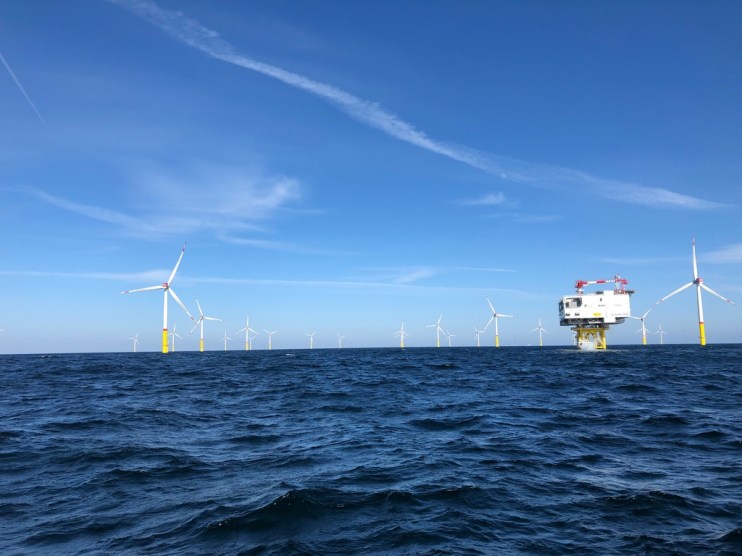Equinor unveils steep drop in profits as fossil fuel prices fall

Equinor’s profits have tumbled in line with falling oil and gas prices, signalling the expected decline in earnings fossil fuel producers across the world will announce this week.
The Norwegian energy giant posted a 57 per cent year-on-year decline in second quarter profits, with adjusted earnings of £5.85bn ($7.54bn) over April to June this year, compared to £13.64bn ($17.6bn) 12 months earlier.
While expected, this represents a steep decline, as profits are also way below the £9.3bn ($12bn) earnings unveiled in the first quarter of this year.
“Equinor delivered solid earnings in a quarter affected by turnarounds and energy prices down from the extraordinary levels last year,” said Anders Opedal, the firm’s chief executive.
He also confirmed the company has maintained plans to distribute £13.2bn ($17bn) to shareholders this year in the form of dividend payments and share buybacks, he added.
Equinor sustained its full-year production growth target of three per cent for the year, fuelled by rising output from the Johan Sverdrup oilfield, Europe’s largest producing site.
Overall oil and gas production has risen one per cent year-on-year to 1.99m barrels of oil equivalent per day (boed) in the second quarter of 2022.
It completed seven exploration wells offshore with three commercial discoveries in the quarter – with 10 wells ongoing at the quarter end.
The company has also entered into a recent agreement to acquire the renewables company Rio Energy, and expects first power from its renewables assets at UK wind farm Dogger Bank later this summer.
Equinor, is Europe’s largest supplier of natural gas, was one of several oil and gas majors, alongside Shell and BP, to post record earnings from soaring oil and gas prices last year after Russia’s invasion of Ukraine powered a commodities boom.
But the cost of energy has since fallen as fears of energy shortages eased following Europe’s successful scramble for supplies, and global economic headwinds weighing down demand.
It is also the first major energy group to report results for the second quarter of 2023, with its rivals expected to also post a downturn in profits later this week.
The company did not include any updates for Rosebank, the UK’s largest undeveloped oil and gas field, in its latest trading update. The project – potentially home to 500m barrels of oil and gas – still awaits approval from regulators.